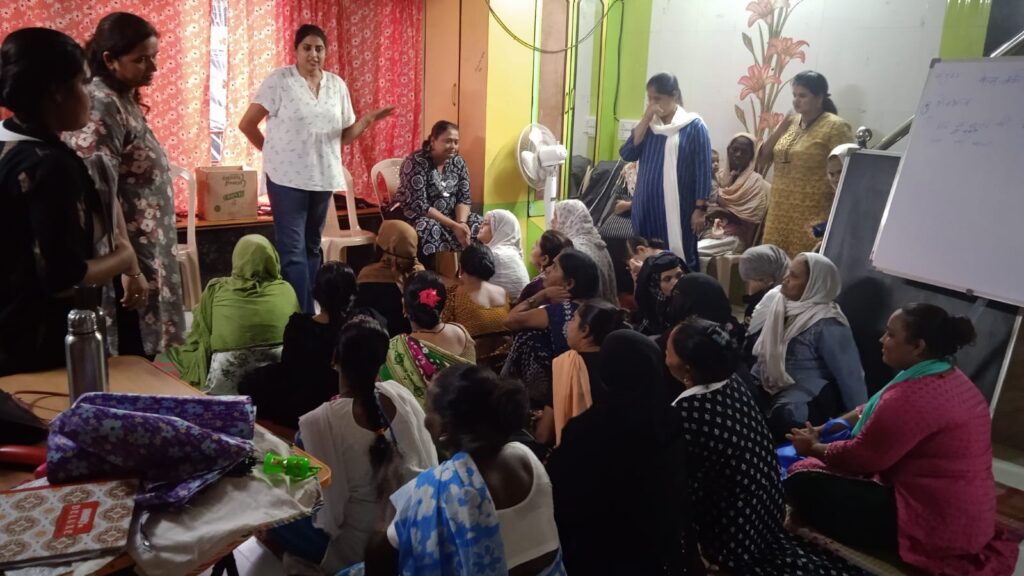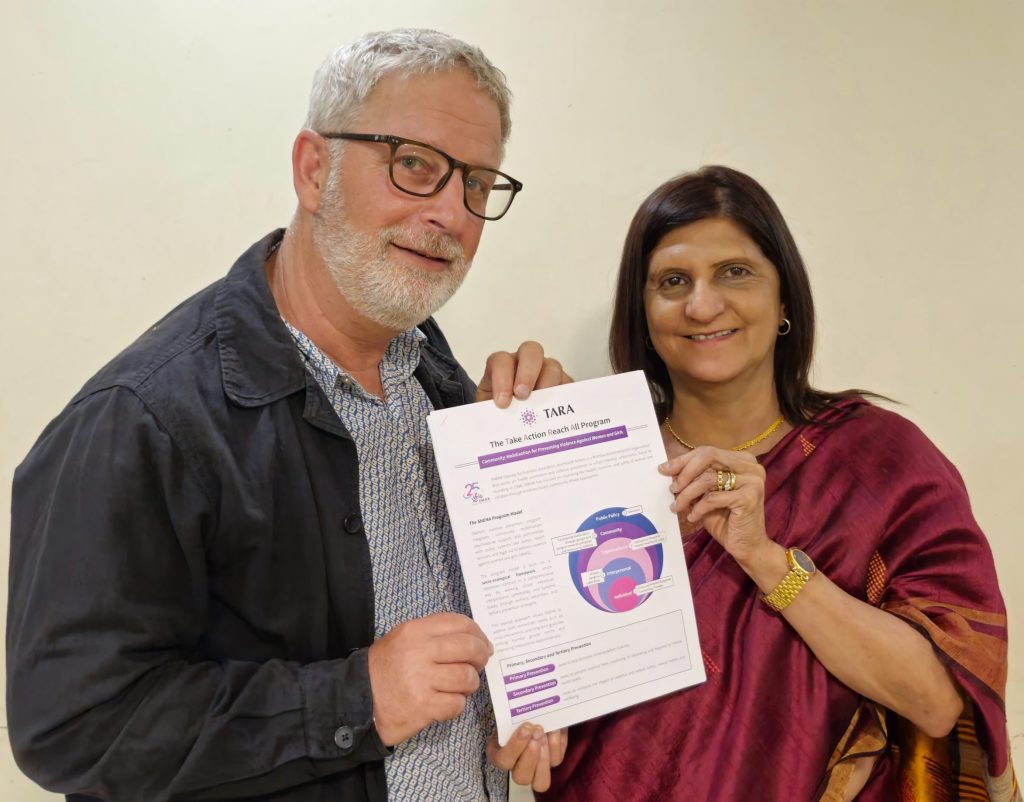 Mumbai: SNEHA (Society for Nutrition, Education and Health Action), one of the leading organisations helping transform the lives of women and children in vulnerable communities, recently unveiled findings from a four-year programme conducted in Mumbai.
Mumbai: SNEHA (Society for Nutrition, Education and Health Action), one of the leading organisations helping transform the lives of women and children in vulnerable communities, recently unveiled findings from a four-year programme conducted in Mumbai.  The programme, whose Research Partner was Professor David Osrin from University College London, found that community-led interventions more than doubled the likelihood of a woman disclosing that she was suffering violence.
The programme, whose Research Partner was Professor David Osrin from University College London, found that community-led interventions more than doubled the likelihood of a woman disclosing that she was suffering violence.
The definitive trial results are yet to be published, but, based on the programme monitoring data, Dr. Nayreen Daruwalla, Programme Director, SNEHA, said, “Our organisation has always been at the forefront of tackling social issues related to violence against women in urban informal settlements in Mumbai. With our years of experience with tackling this issue, we wanted to find solutions that will have long-lasting impact on the community. We formed more than 72 women’s groups, 25 men’s groups, and 24 youth groups in the neighbourhoods in which the interventions were conducted. Over 2000 women attended each group. These interventions over the past four years have meant that 84 per cent of survivors of violence who met with a case worker say that it has reduced after six months. They have also made women confident that they can support survivors of violence (93-95 per cent). This holistic effort has been immensely encouraging for us and we plan to implement the model across all areas we are present in Mumbai.”
The programme, which was conducted in 48 urban informal settlement clusters in Mumbai, identified 4121 women survivors of violence. Identification of the survivors increased steadily over the four years the programme was conducted – 791 (Year 1), 874 (Year 2), 1180 (Year 3) and 1276 (Year 4). Of these, the NGO identified 3309 facing domestic violence, out of which 26 per cent were facing violence from an intimate partner, 48 per cent from another family member, and 26 per cent from both. The forms of violence most reported by survivors included emotional (93 per cent), followed by economic abuse (84 per cent), physical violence (80 per cent), coercive control and neglect (72 per cent).
Seventy-two per cent of members of women’s groups had helped at least one woman facing violence in the community. Their help included:
- Talking with survivors (95 per cent)
- Talking with their families (57 per cent)
- Arranging counselling (60 per cent)
- Negotiating within communities
- Responding to crisis
- Involving colleagues or the police
With the success of the trial programme, SNEHA plans to implement it across all urban informal settlements present in Mumbai. The NGO plans to partner with public and non-profit organisations across states such as Karnataka, Delhi, Odisha, Rajasthan, Daman and Diu, among others in India sharing their experience and knowledge from this programme.

